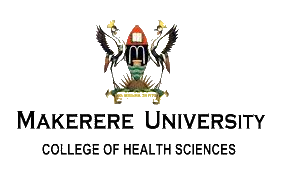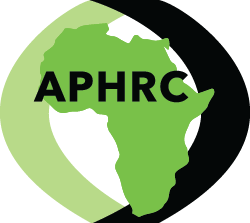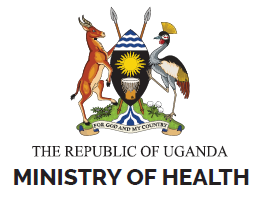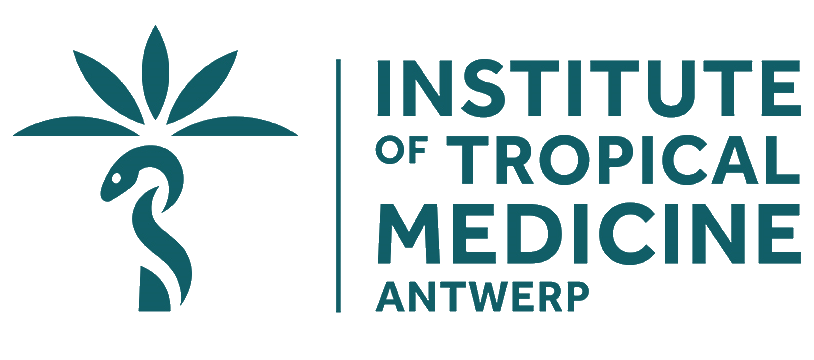FACe-U
Food and beverage Advertising to Children in Uganda (FACe-U)
Using empirical and media monitoring data to assess the food environment, it’s effect on childhood obesity and Uganda’s NCD burden
- An Overview of the FACe-U Project
- Learn more about INFORMAS – our global network for healthy food environments and reduction of NCDs
- Our Funder: Makerere University Research & Innovations Fund (MakRIF)
- Nested Study on Food and Beverage Advertising targeting Young People in Universities
Purpose Study location: Uganda.
The main purpose of this project is to measure children’s food marketing environments to develop effective policies which improve children’s health outcomes and prevent childhood obesity. This will be done by promoting healthy dietary habits with the ultimate goal of reducing the burden of Non Communicable Diseases (NCDs) on national resources in Uganda.
Food environments are “the physical, economic, political and social-cultural surroundings, opportunities and conditions that influence people’s food choices.” Healthy food environments are food environments that among others protect children from the marketing of unhealthy foods and beverages to reduce their risk of developing NCDs such diabetes and cardiovascular diseases. In this study, we shall measure Television, Radio and Newspaper environments to give a picture of how these influence children’s food preferences and diets.
- Food choices – Maria Ssematiko
- What is in our children’s food environment?– Florence Tushemereirwe
- Food adverts & childhood obesity, is there a link? – Maureen Nabatanzi
- Uganda’s policy landscape on food advertising – MoH Official
- My experience treating young people suffering from non communicable diseases – Dr Priscilla Cheputyo
Policies, Action Plans & Reports – Global Level
- Monitoring of Marketing of Unhealthy Products to Children & Adolescents – Protocols & Templates
- WHO Recommendations on the Marketing of Foods & Non-Alcoholic Beverages to Children
- WHO Global Action Plan for the Prevention & Control of Non-Communicable Diseases
- WHO Global Strategy on Diet, Physical Activity & Health
- WHO Report of the Commission on Ending Childhood Obesity
- Additional Resources
Some Policy on Food Advertising to children – outside Uganda
- Policy Brief on food advertising to children in Australia
- Policy Fact Sheet: Unhealthy & Unregulated Food Advertising & Marketing to Children in the USA
- Government of South Africa. Policy on Foodstuffs, Cosmetics and Disinfectants Act: Regulations relating to the labelling and advertising of foodstuff, 2010
Uganda
Note: Uganda does not have a policy on food advertising to children. These are the key food and nutrition related policies:
- Food choices – Maria Ssematiko
- Food adverts & childhood obesity, is there a link? – Maureen Nabatanzi
- What is in our children’s food environment?– Florence Tushemereirwe
- Uganda’s policy landscape on food advertising – MoH Official
- My experience treating young people suffering from non communicable diseases – Dr Priscilla Cheputyo
- Food during the COVID lockdown – Maria Ssematiko
- Children and overconsumption of sugar, what can we do? – Maureen Nabatanzi
- See all the Centre’s blogs & interviews
- Policy Briefs
- Guidance Notes
- Publications
- Conference Presentations


About the Research Team

Dr Gloria Kimuli Seruwagi
Principal Investigator (PI)
Mentors/Partners

Dr Stefanie Vandevijvere, PhD
Sciencsino, Belgium

Dr Gershim Asiki, PhD
APHRC/Nairobi

Dr Jose Luis Peñalvo, PhD
Institute of Tropical Medine, Antwerp/Belgium

Dr Henry Wamani
School of Public Health, Makerere University
Project Contacts
- Gloria Seruwagi, Makerere University, PI
- Florence Basiimwa Tushemerirwe, School of Public Health, Makerere University, Co-PI
Project Partners
Purpose
The main purpose of this project is to measure children’s food marketing environments to develop effective policies which improve children’s health outcomes and prevent childhood obesity. This will be done by promoting healthy dietary habits with the ultimate goal of reducing the burden of Non Communicable Diseases (NCDs) on national resources in Uganda.
Food environments are “the physical, economic, political and social-cultural surroundings, opportunities and conditions that influence people’s food choices.” Healthy food environments are food environments that among others protect children from the marketing of unhealthy foods and beverages to reduce their risk of developing NCDs such diabetes and cardiovascular diseases. In this study, we shall measure Television, Radio and Newspaper environments to give a picture of how these influence children’s food preferences and diets.
Background
Globally, 5.6% of children under five years are obese; in Africa 5.2% of girls and 3.7% of boys 5-19 years old. The 2016 Uganda Demographic and Health Survey (UDHS) found: 4% of children under five years, and 16% of adolescent girls were obese, a rise from 2.4% of boys and 2.1% of girls in 2014. There is an increase in the prevalence of NCDs in Uganda, now contributing 35% of mortality. Despite this, Uganda’s food environment encourages in-community food advertising of sweetened beverages, oily and fatty food, and there are no policy regulations. This practice predisposes children to increased obesity and NCDs risk.
Currently there is little understanding on the extent and nature of children’s exposure to food and non-alcoholic beverage advertising in Uganda. Elsewhere, majority of food advertisements to children are unhealthy with a coinciding increase in obesity. A snapshot study of Uganda’s food environment found widespread unhealthy food advertising without regulation. In South Africa, majority of food advertisements to children are unhealthy with a coinciding increase in obesity. Recently the World Health Organisation Global RECAP program, through engagement of policymakers in Uganda, confirmed that ‘marketing restrictions to children’ is a number one priority issue in Uganda. We hope our study findings will inform government policy actions to design policy regulation, create healthy food environments that prevent childhood obesity, and contribute towards achieving the draft Uganda Nutrition Action Plan II (2020-2025) and the Strategic Development Goals.
Expected Outcomes
- Increased understanding on the nature and extent of food and non-alcoholic beverages advertising to children. We shall use real time television, radio and newspaper data, including video clips and pictures where appropriate, to generate this outcome.
- Categories of food and non-alcoholic beverages advertised to children using the AFRO nutrient profile model. Categorizing the types of food and beverages advertised shows the nature of food advertised to influence children’s food choices and diets.
- Analysis and documentation of the persuasive techniques used to promote to children and children’s preferred media channels. Food and non-alcoholic beverages advertisers use content to persuade children and capture innocent children’s minds early in life to prepare them as future clients for their products. This outcome will directly contribute towards food and beverage regulation – specifically on marketing to children in Uganda.
- Stronger stakeholder support and partnership. Beginning with policymakers and parents because parental attitudes towards food and beverage advertising to children are key to shaping food marketing regulations. Parents are a great community agency that can advocate for good child health outcomes. Other key stakeholders will also be mapped and engaged.
About the research
We shall use media monitoring data to determine the trends of magnitude and type of food and non-alcoholic beverages advertised to children. We shall assess the content used, the persuasive advertising techniques used to influence children’s food choices. Furthermore, parental awareness and attitudes towards food advertising to children are key to forming policy agency at community level.
We anticipate to have findings ready for stakeholder engagements in nine months.
Study location: Uganda.












